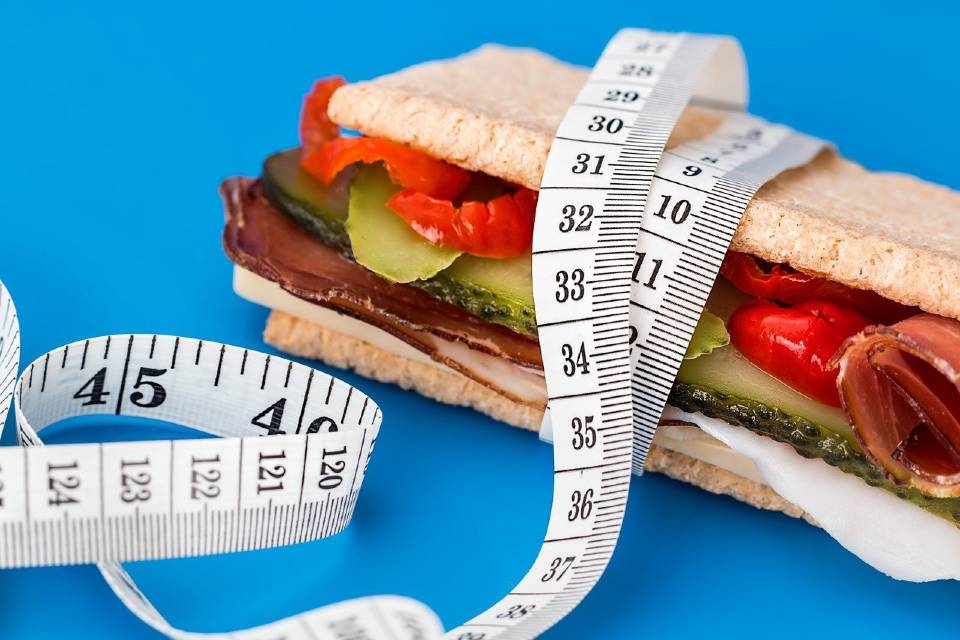As the UK government continues to lift lockdown restrictions, the workforce prepares to return to the office post June 21st. It is without doubt that working from home has its perks although many are beginning to miss everyday office life. Nevertheless, there are some social interactions that have become commonplace in the workplace that should be left in the past.
Here, health and fitness brand BikeRumor discusses why it’s time to stop commenting on co-worker’s lunch and ‘5 ways to navigate office ‘Diet talk.’
Commenting on a person’s lunch can be what the deliverer considers good-natured. For instance, “Yum, I wish I could eat what I wanted, like you”. Whilst the co-worker commenting may have intended the statement to somewhat compliment the recipient, it is important to remember the saying: you do not know what is going on behind closed doors very much applies.
Workplace boundaries can become blurred if the relationship between co-workers evolves into friends. However, personal boundaries must remain. A person will share the information that they wish to share, and co-workers must respect that. A co-worker diet very much falls under the umbrella of personal information. Pushing someone for personal info can sustain the following:
- A standstill in office productivity
A workforce will never thrive if members of the team are ‘on edge’. Commenting on people’s food intake often leads to people feeling like they are being ‘watched’. This then filters through to the work that they conduct, making them self-conscious and unlikely to complete tasks to their maximum potential. - A Break down in team relations.
Ultimately, unwanted conversation leads to downbeat morale. If any member of the team begins to dread certain times of the day inevitably, there will be a breakdown. Ensure that everyday conversation does not put any colleagues ‘on edge’ and that the overall environment is kept positive. - Resentment of those with dietary requirements.
Whether you are vegan, vegetarian, gluten free or on a protein filled gym kick, it is likely that every office has a workforce that has a host of prescriptive dietary requirements. Arguably, vegans get a majority of lunchtime commentary via co-workers as they voice their opinions and whether they could adopt the diet themselves. This can certainly create unwanted conversation and lead to resentment between colleagues, that can fast become toxic to an office.
Ways to navigate office diet talk from/to….
Vegan/vegetarian
If you have adopted a vegan/vegetarian diet, the likelihood is that you have experienced comments such as ‘you can’t have it’, upon the presentation of office snacks. Afterwork dinner can also invite comments such as, ‘anything you can have?’. Have a few comical comments in your back pocket such as, ‘I can have anything, I just opt not to’, or ‘don’t worry about me, I’ve been doing this a while now’. This will serve as consistent push back that makes the persons comments unnecessary.
The health fanatic
There is always a health fanatic in the office who can be a positive influence. However, if they begin to be so consistent with their opinions that it impacts your wellbeing or makes you feel uncomfortable, you must make your feelings known ASAP. Be firm but fair and explain that you do not appreciate their input. If the matter continues or you feel uneasy tackling the issue, you can always seek advice from HR.
‘I wish I could eat like you’
Comments such as, ‘I wish I could eat like you’ are often intended as a compliment however, it is often interpreted as a backhanded compliment. In this instance, it can be an option to adopt a ‘kill them with kindness’ approach. Perhaps offer to make them lunch one day with a response such as, ‘of course you can eat like me, I can bring some lunch in with me if you like?’ This somewhat turns the comment on its head as it is made literal.
The group of dieters
Diet culture is somewhat engrained within our society and there can be constant chatter of new diets amongst the office. This can lead to co-workers constantly assessing the diets of those around them. If you feel pressure from others to follow their lead on diet, voice firmly that you do not wish to partake in their lifestyle change. Layer the conversation with compliment, point to be made, compliment. For example, ‘Great that you are making positive changes for you, not for me at all, I am sure you will smash it’.
The sugar enthusiast
Of course, an office is not always a space inhabited by a workforce striving for a healthy lifestyle and can in fact be the opposite as cake and sweet tables be the norm. This can make it hard to commit to a healthy eating plan and avoid comments from others if you choose not to have any ‘treats.’ To avoid this, regularly bring in your own snacks that work for you, offer them to others and place them with the other foods.















